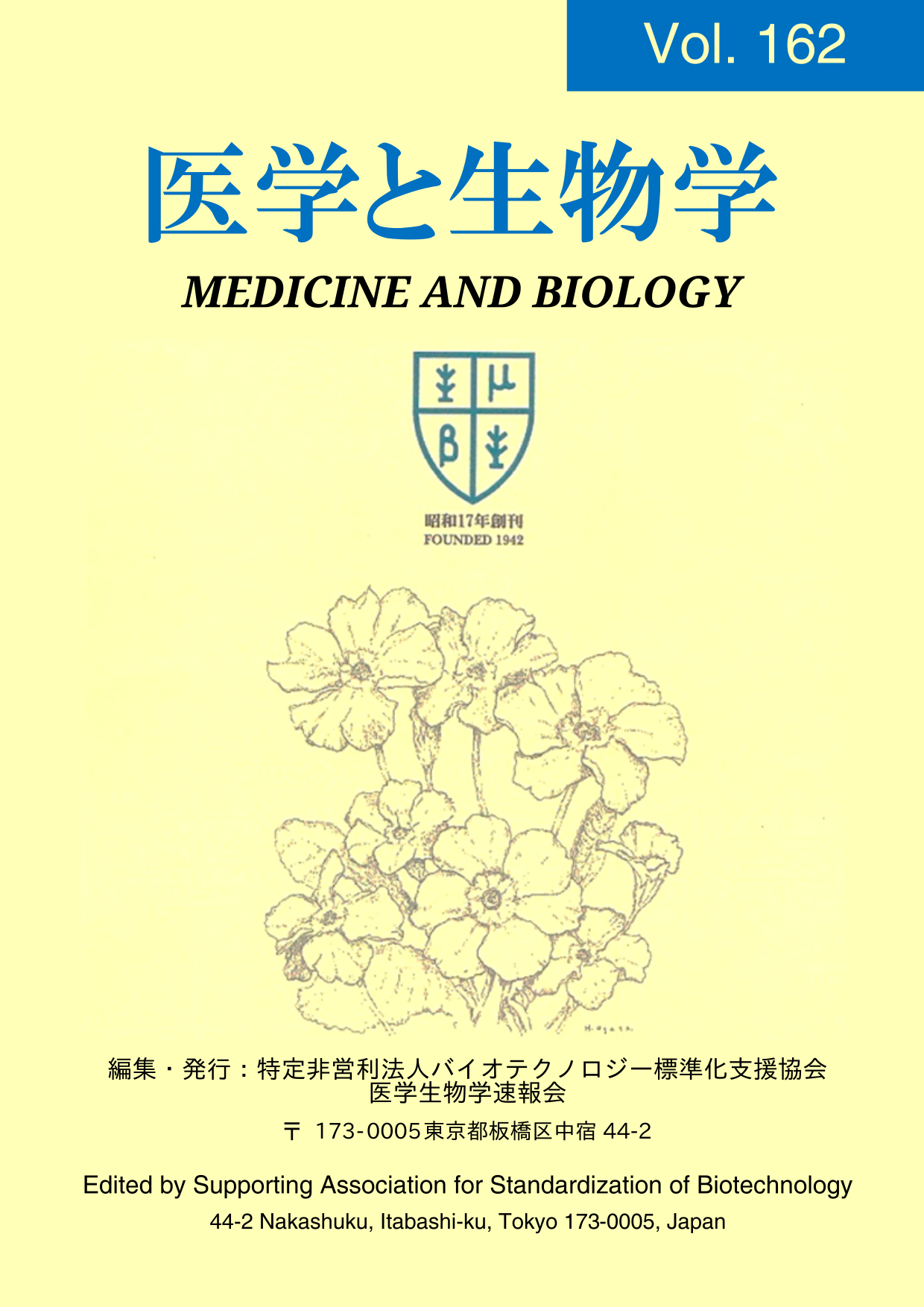高齢者の延命治療に対する意思表示の実態
Keywords:
life-sustaining treatment, indication of intention, elderly people, advance directive, mental capacityAbstract
In this study, we conducted an anonymous, self-administered questionnaire survey, which was sent to the participants via postal mail. The participants included people in elderly salons in City B who were aged ≥65 years and retained their cognitive functions and mental capacities. Valid responses were obtained from 175 participants from 160 salons. Of the 175 respondents, 56 (32.0%) had made a decision about the preferred end-of-life care they want to receive, whereas 114 (65.1%) had not made a decision. Furthermore, 17 respondents (30.4%) had already made this decision even though they have not indicated their choice to anyone else. With respect to an advance directive, 98 respondents (56.0%) answered that they needed it, whereas 65 people (32.0%) answered that they did not need it. Interestingly, for both groups, a common reason for thinking that advance directives were or were not necessary was the consideration of their family members. Only 9 (5.1%) of all the respondents had prepared an advance directive.
This fact suggests that it is necessary to increase the awareness of the use of advance directives. The presence of those who have an opinion but have yet to share that opinion with others suggests that regardless of whether they live alone or with family members, they can prepare for their desired end of life by indicating their intention regarding life-sustaining treatment to those involved in making the final choice, such as family members, guardians, and medical professionals, before their cognitive functions and mental capacities are impaired.


